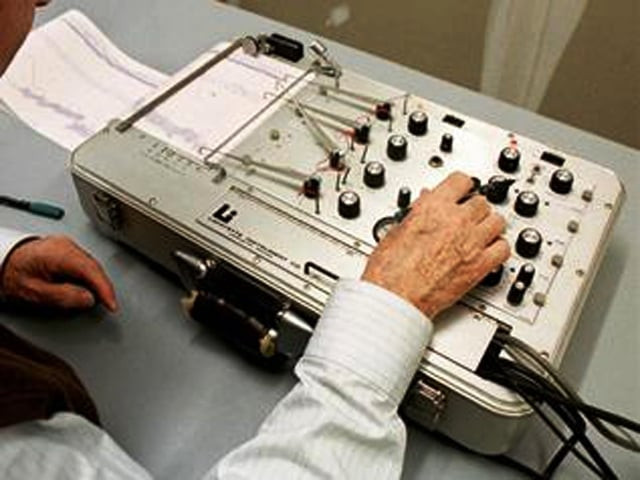In its effort to be proactive against fighting corruption in cricket, the Marylebone Cricket Committee (MCC) recommended the use of a lie detector test in December of last year and when the committee met a few days ago at Lords, it was revealed that one of its prominent members, Australia’s former captain Steve Waugh, had undergone a polygraph test. Waugh took the test to encourage players worldwide to submit to one and will, alongside other members of the committee, be lobbying for MS Dhoni and Andrew Strauss, two highly successful captains in world cricket present at Lords, to endorse it.
Waugh described the test as a nerve wrecking experience and was fairly convinced that no one can hide anything from the machine. But, that is not the view taken by majority of the courts around the world, where polygraph is inadmissible as evidence as it is deemed not to be foolproof. Even many prominent figures in the cricket world have opposed the idea, including the chief executive of Federation of International Cricketers’ Association (Fica), Tim May.
To understand this point of view let’s see how the polygraph works. The purpose of the test is to measure physiological indices and to detect changes that occur to them when a person lies. During the test, sensors are attached to a person’s body and usually their breathing rate, pulse, blood pressure and perspiration are recorded on a single strip of a moving paper. The person is asked a series of questions. The recording is then read to see if there is a significant change in the vital signs during any particular answer. If there is, then it is deemed that the person has lied. However, as the examiner’s interpretation is subjective and different people react differently to lying, polygraph test can be fooled. There are chances of false positivity as well. To simply put it, polygraph tries to measure human emotions through physiological means and uses them to judge whether a person is lying or not. But, to measure human emotions is not easy and even psychologists cannot ascertain what emotions one has. Many advocates of the polygraph claim it to be 90-95 per cent accurate but a survey of psychologists estimated the accuracy to be around 61 per cent, which is a little over 50-50.
As there is a possibility that the test can be falsely positive, it shouldn’t be used as an absolute means to root out corruption from cricket, for a player’s career would be at stake. A player who answers all the questions honestly can still be caught for lying because of the inherent flaws of the test and his or her career can be destroyed in a matter of hours. And, for the MCC to publicly ask players to submit to this test is a lose-lose situation for the players. If they decline to take the test, then it would look as if they have something to hide and if they do take the test, then there are chances that their career might be tainted even if they are honest throughout. To ask players not under suspicion to submit to such a test would be irresponsible.
Polygraph testing can be used on players under suspicion of corruption alongside other investigative measures and techniques as one of the means to prove their guilt. But, to judge someone solely based on their polygraph result is unfair and the notion that each and every player should submit to this flawed test is ridiculous.
Mass polygraph testing: A ridiculous idea!
To ask cricketers to take the test is a lose-lose situation for them and can end their careers in a matter of hours.



COMMENTS
Comments are moderated and generally will be posted if they are on-topic and not abusive.
For more information, please see our Comments FAQ